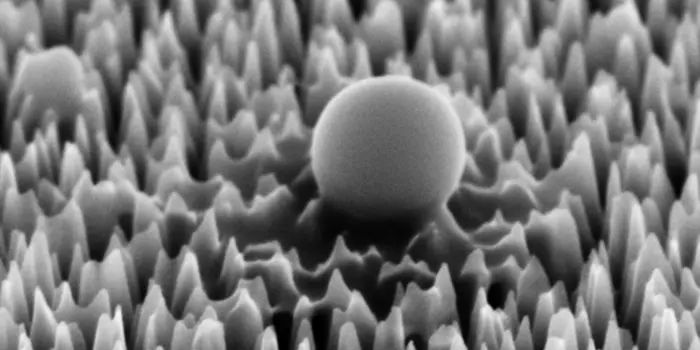Clinical Trial Seeks to Improve Outcomes for Transplant Recipients
People that need transplants are often fighting to stay alive as they wait for a donor organ that will be compatible with them. The battle doesn't end with a successful transplant procedure, however. Transplant recipients have to take drugs that suppress their immune system, so their bodies don't mistakenly attack the new organ like it's a foreign invader. Those drugs have to be taken diligently on a regimented schedule and often have serious side effects that can affect every part of the body. New work from the University of Kentucky (UK) Transplant Center, described in the video, might help future transplant recipients become more tolerant of their new organ, however.
"In the United States, there are nearly 103,000 patients on the waiting list for kidney transplantation," said UK Transplant Center Director Dr. Roberto Gedaly. "And only about 21,000 kidney transplant patients were performed in this country last year."
A Phase I/II clinical trial has started, which will test a new procedure on patients receiving a kidney transplant. Led by Gedaly, the trial will harvest cells from the transplant patient, expand, and reinfuse them, in the hopes of generating a natural immunosuppressant. It's similar to another type of treatment for blood cancer, but instead of changing the cells so they'll attack cancer, this work aims to create more suppressive T cells that can stop the body from combating the new kidney cells.
After getting a blood sample from a patient, white blood cells can be extracted. From there, regulatory T cells are isolated. The researchers plan to search through them and locate the ones that express certain genes - CD25, CD4, and FOXP3, but don't express CD127. This specific type of T cell can be grown and expanded in the lab, and then put back into the patient following the transplant procedure. The researchers want to remove immunosuppressive drugs from the equation entirely, a tall order that could dramatically improve a patient's quality of life.
"Currently, we use many different drugs to immunosuppress patients that need organ transplantation," Gedaly said. "This is a novel method that will probably make these patients less prone to the terrible side effects that we usually see with these immunosuppressive drugs."
The trial seeks twelve patients to enroll in the next year, and several other transplant centers around the world are working with a similar goal. This first trial will evaluate the safety of the procedure and test its effectiveness. Gedaly would like to use it on other organ transplants if it works.
"Eventually we want to be able to modify these suppressor cells by changing their receptors, which are antigen-specific, and produce local - instead of general - immunosuppression," Gedaly said. "We are at the forefront of changing the paradigm of transplantation. Every day takes us one step closer."
Sources: AAAS/Eurekalert! via University of Kentucky
-
APR 30, 2024Immuno-Oncology Virtual Event Series 2024
-
MAY 07, 20243rd International Biosecurity Virtual Symposium
-
JUN 06, 2024The Future of Scientific Conferencing
- See More


















































